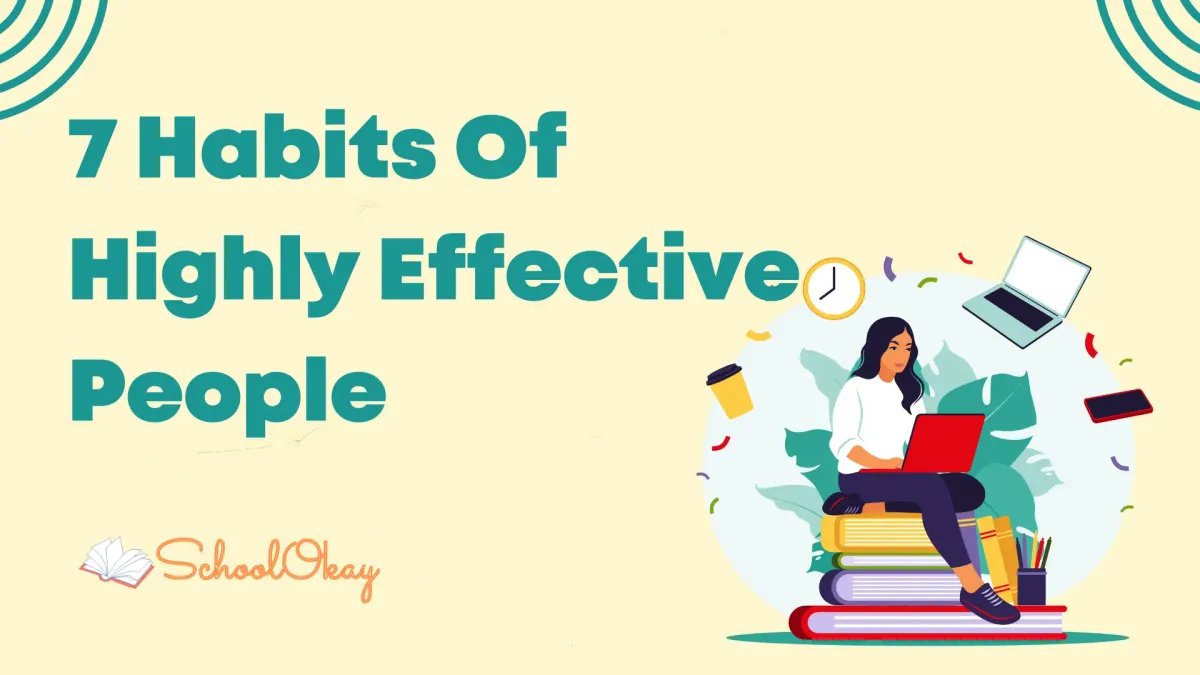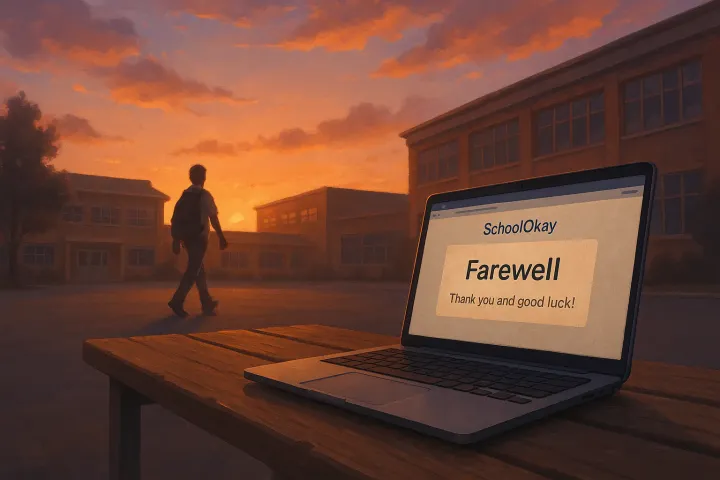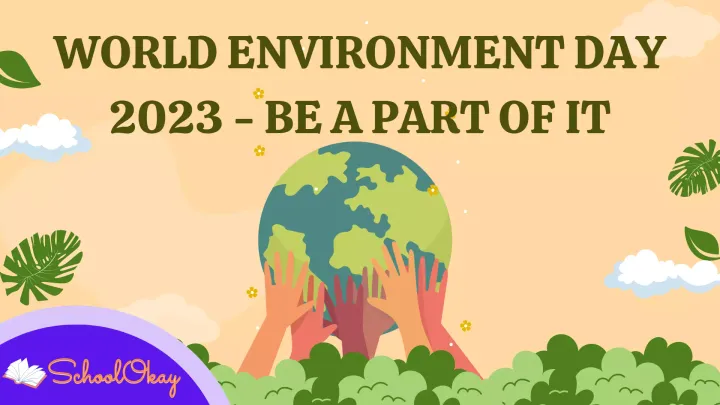Not the End of the World: A Data-Driven Hope for Earth's Climate Future
The world’s environmental crises—rising CO2, warming temperatures, plastic pollution—can feel like a death knell.

The world’s environmental crises—rising CO2, warming temperatures, plastic pollution—can feel like a death knell. Headlines scream doom, and it’s easy to believe we’re spiraling toward collapse. But Hannah Ritchie, a data scientist and author, flips that narrative in her book, Not the End of the World. Through rigorous research at Our World in Data, she shows that while challenges remain, humanity has made staggering progress, and we’re capable of securing a sustainable future.
Reframing the Climate Crisis
Ritchie once thought she was living through humanity’s darkest hour. That changed when she met Hans Rosling, a Swedish physician who used data to reveal global progress. Inspired by Rosling’s legacy, Ritchie’s work at Our World in Data—a platform that distills complex global issues like climate, health, and poverty—grounds her optimism. Her book doesn’t sugarcoat the problems but uses hard numbers to highlight solutions and trajectories we can build on.
Sustainability, Ritchie argues, hinges on two pillars: human development and ecological balance. Fail one, and we fail entirely. Yet, her data-driven lens shows we’re not as doomed as we think. While environmental metrics like CO2 emissions and deforestation trend poorly, human well-being—child mortality, poverty, literacy—has soared. The trick is replicating that progress for the planet.
Progress We’ve Already Made
Let’s talk numbers. For most of history, half of all children died before puberty. Today, that’s under 4%. Extreme poverty, once the norm, now affects less than 1 in 10 people. Literacy and education, once luxuries, are nearly universal. These aren’t flukes—they’re proof we can solve big problems.
On the environmental front, there’s hope too. Air pollution in rich countries has halved. The UK, birthplace of industrial coal, has slashed carbon emissions by over 50%. Globally, we produce enough food to feed billions, and deforestation can be stopped. The key? Plummeting costs of low-carbon tech. Solar energy, for instance, is 99.8% cheaper than in 1970, making renewables competitive even in low-income nations. Our World in Data’s energy trends show this shift accelerating.
The Energy Revolution
Fossil fuels still dominate—82% of global energy, per recent reports. But the tide is turning. Coal is dying in countries like the US, Germany, and Denmark, replaced by solar, wind, hydro, and nuclear. Ritchie points out that our current energy system wastes most of its output. By electrifying transport and heating, and scaling renewables, we can slash losses and emissions. Global per-person CO2 emissions peaked a decade ago and are now falling, driven by tech breakthroughs. The International Energy Agency tracks this transition, noting renewables’ rapid rise.
Challenges and Solutions
Progress doesn’t mean complacency. Air pollution still kills millions annually, and unchecked climate change could be catastrophic. Ritchie’s book outlines actionable steps for individuals and governments: prioritize renewables, electrify infrastructure, and invest in sustainable agriculture. She stresses urgency—delaying action risks disaster.
What sets Ritchie’s work apart is its balance. She doesn’t dismiss the crises but counters despair with evidence. Bill Gates, who reviewed the book on his blog, praised its clarity and optimism. It’s a call to action, not a lullaby.
A Better Trajectory
The world isn’t perfect, but it’s better than ever for most people. Extreme poverty is shrinking, education is spreading, and clean energy is surging. Environmental metrics lag, but they’re not intractable. Ritchie’s data shows we can bend the curve—less waste, fewer emissions, more balance. Her work at Our World in Data offers a roadmap for anyone ready to act.
The planet’s future isn’t written. It’s ours to shape.
Here are other articles you must read:



Share with others.







Comments ()